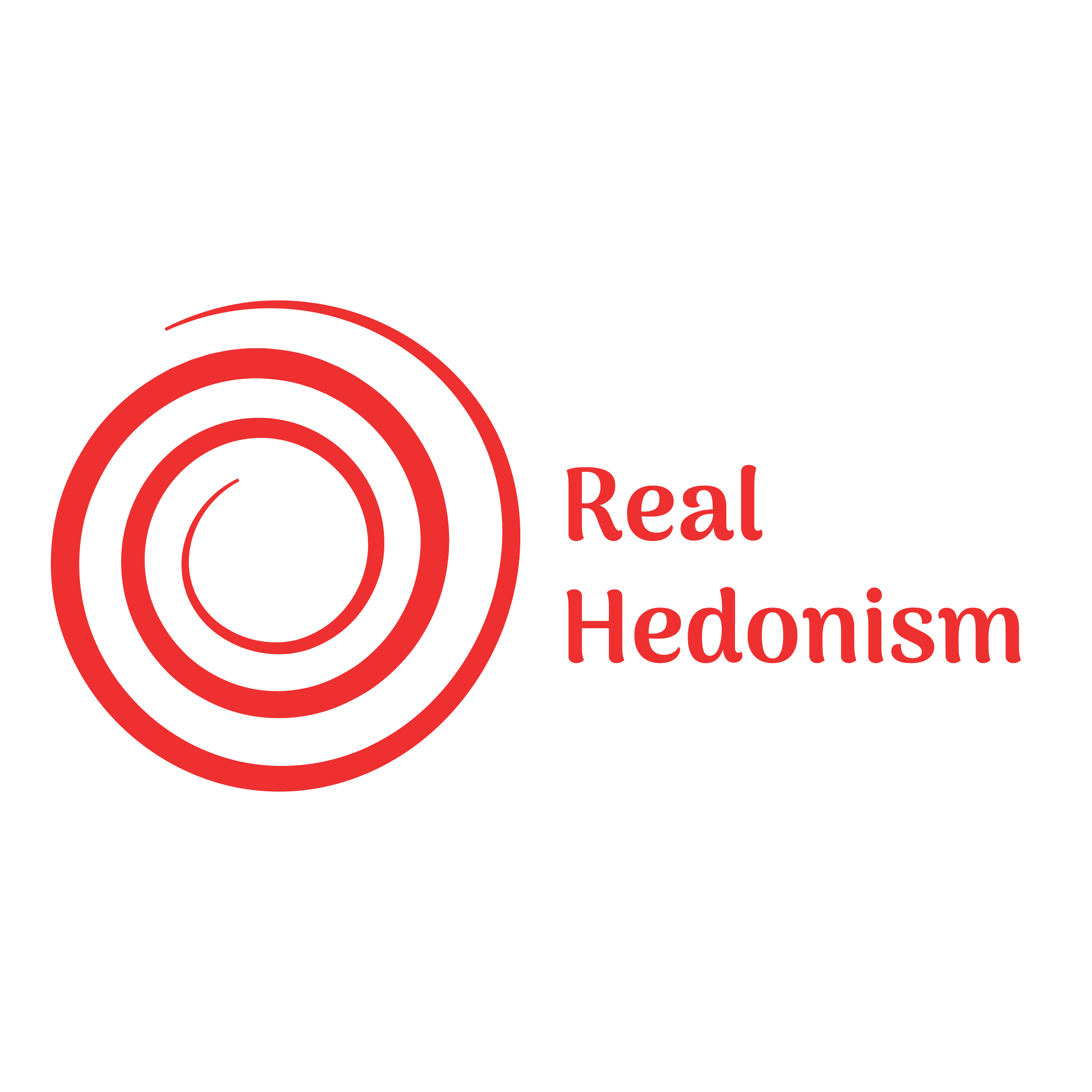The Sun and TANSTAAFL
There is a sentiment in Capitalist culture that is often invoked: nothing is free. In the Capitalist economy, this is certainly true. Whether it is a hundred thousand-year-old forest that is now considered to be “national” so that the state can charge you rent for simply being there or “free” videos on youtube that you pay for with time spent watching advertisements, everything is owned and commodified so that it can be a part of the economy.
Alas, when this sentiment is brought up, it is rarely just about economics. Often, when people say that nothing in life is free, they are attempting to invoke a greater truth about the nature of reality, that life is inherently transactional.
When considering attention, we tend to agree: it would seem that each moment is characterized by where our attention is pointing and we can only ever have our attention pointed at one thing at a time; every time we spend our attention on one thing, we are paying the price of being unable to have our attention on anything else. It is the supreme scarcity of attention that makes attention so transactional. After all, we only have a finite amount of time.
All that said, most of the time “nothing is free” is invoked, the intricacies of attention are not what the person doing the invoking is thinking of. Rather, they are getting at the idea that there is always a hidden cost to something that otherwise seems to be free.
The phrase “there ain’t no such thing as a free lunch” (TANSTAAFL) became popular in the late 1800s in the USA because of a trend in saloons that appears to have originated in New Orleans. That trend was for saloons to offer free lunches to all of the people who ordered at least one drink. The barkeeps figure that once patrons had a drink and a full belly, they would be more likely to slide down the slippery slope of buying more drinks and if the food is offered at lunchtime, they get a chance to make decent booze money at an unusual time of day.
This is a cross-subsidy. We can’t say that the food is truly free because you have to buy a drink and that one drink is likely to lead to many more. Cross subsidies are a Capitalist favorite, from every advertising model that exists to free parking at grocery stores in busy cities. You get to feel like you are getting a sweet deal when really you are paying for articles with extra time looking at ads, or the price of free parking is accounted for by making all of the groceries a little more expensive. Inside of Capitalism, free does not exist.
This is the part of the article where we get to take a deep breath and be thankful that nature does not function like Capitalism, as we remember that great giver of free lunches in the sky: the sun.
Every day, trillions of plants photosynthesize the shit out of light from our sun, using it as their main source of energy. They eat it up and don’t pay a thing for it. This is where that attention distinction is useful. They do have to be rooted and they do have to reach for it, but outside of the attention cost, they pay nothing. They don’t have to build a spaceship to send flowers or seeds back to the sun as payment, because everything that the sun gives, it gives for free.
This doesn't just impact plants, it is the sweet deal that underpins the existence of the majority of life on earth. If plants didn’t get a free lunch every day, we wouldn’t have anything to eat.
So while there is no such thing as free in the Capitalist economy, our biosphere, that great and beautiful thing upon which Capitalism is nothing more than a flea, could not exist without it.
As Hedonists, this realization ought to give us two things at least: the first is a great sense of wonder at the gift that is life on Earth; the second is a wild optimism, that we might create an economic life more in line with the way of nature.
After all, the power of this capitalist economy has nothing on the power of the sun.

